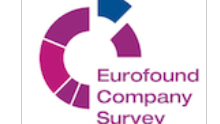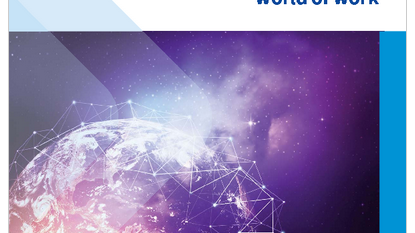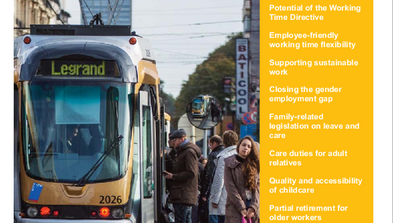
News -
Latest working life developments at EU level
Developments in the field of employment and social affairs announced in the European Commission’s work programme for 2017 include initiatives to address the challenges of work–life balance faced by working families, a European Pillar of Social Rights aimed at fostering a fair playing field in the European social market economy, and a White Paper on the Future of Europe (the latter was published on 1 March). These are just some of the topics touched on in EurWORK’s just-published article ‘EU level: Latest working life developments’. The article also looks at the Commission’s proposal to revise the rules coordinating social security systems, issued on 16 December, which highlights four areas in need of improvement: access to social benefits for economically inactive citizens, long term care benefits, unemployment benefits and family benefits.
Read more: Latest working life developments – Q4 2016







